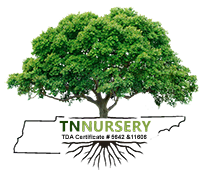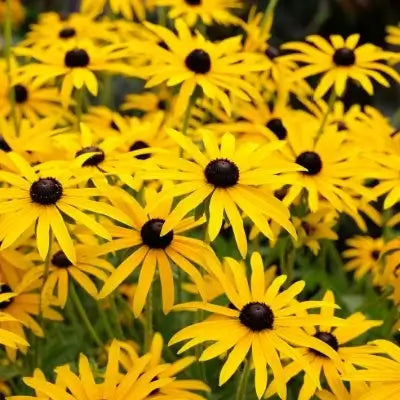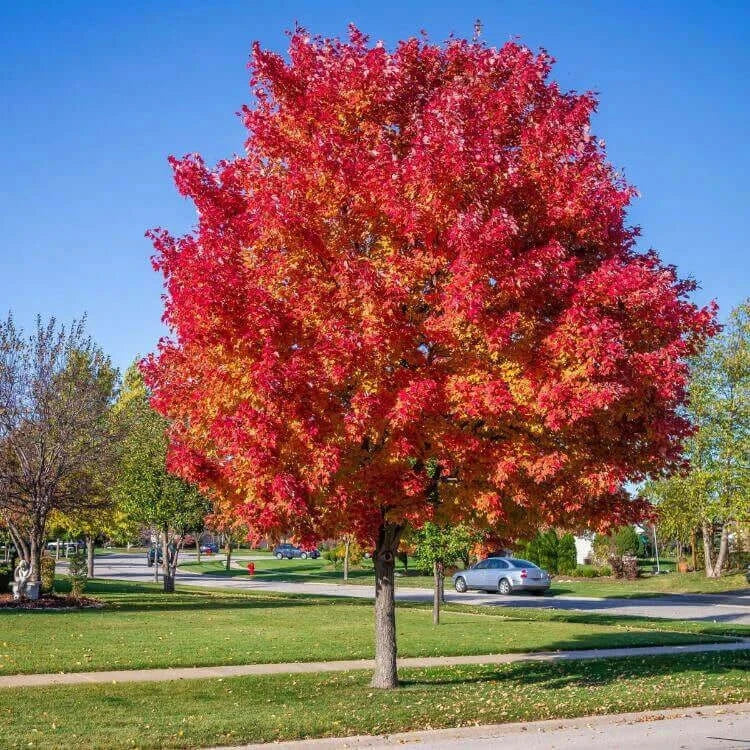Invasive Plants
Sometimes experienced gardeners forget that people who are new to gardening may not understand all the terms we bandy about. This article will explain several categories of plants you will hear about a lot when you are choosing new plants to put in your yard.
Native Plants are Preferrable
Native plants are the plants that would grow where you live if humans had never been there. Over thousands of years, the plants that could live in your area with the rain for water and the soil nutrients for food became the ones that prevailed in a given area. These plants have evolved strategies for resisting the diseases and pests prone to occur where they grow. Each ecosystem has plants that are integral to the life cycle of the animals, including insects, in that ecosystem.

Native plants are preferred because they require fewer inputs such as supplemental water, fertilizer, and pesticides. Water stays cleaner and less polluted from the runoff of fertilizers and pesticides that have to be used to keep some non-native plants alive. In most cases, native plants do not have to have supplemental water after they become established. In fact, some wildflowers don’t grow well with too much tender loving care, such as bluebonnets. In addition, native plants feed more organisms than non-native plants.
Native Plants Supports All Types of Species
This is important to the health of the ecosystem. For example, a native oak tree supports 532 species of caterpillars, 147 species of birds, 120 species of mammals, and 60 species of reptiles and amphibians. Indigenous people used the acorns these oaks provided, too. There are usually a range of native plants that can fit in any part of your landscape, so you can find something you like.
You can find plant lists of native plants on the North American Native Plant Society website and the Lady Bird Johnson Wildlife Center. You can search their lists by several variables such as sun and bloom time so you can get the just right native plant you need. We at TN Nursery can help you find the perfect plant for your area, too. Adapted Plants Adapted plants are plants that are not native to the area but can live in it without help once they are established.
You will often get lists of native and adapted plants from garden educators as if the adapted plants are just as good as the native plants
While adapted plants are good from the standpoint of less water, fertilizer and pesticides needed to grow well, they fall short on supporting insects and other wildlife. Many insects cannot feed on adapted plants. While that is a selling point for some people, the insects feed the birds and other wildlife that come to your yard. If the insects can’t eat, neither can anything else.
In fact, most birds that are fed by their parents after hatching must have the high protein content of caterpillars to grow properly
Cultivated Plants Cultivated plants are the ordinary plants people put in their yard because they enjoy their beauty, use them for food, or need to screen something from view. While not bad themselves, these plants usually need more water, fertilizer, and pesticides than native plants.
They also feed far fewer animals. Most landscape, or ornamental, plants fall in this category. Cultivated plants also include vegetables and fruits that are cultivated intensively for a relatively short period for food. These short-lived plants need a lot of water and fertilizer to grow the vegetables and fruits we enjoy eating. They often require a lot of pesticides to keep pests from destroying the crop.
Of course, everyone who has ever grown their own vegetables and fruit knows the results are worth it. Food plants are not usually a problem in the landscape. Turf grass is a cultivated plant that is grown all over the country. It requires lots of water and fertilizer and it feeds few insects.
Consider your lawn a food desert and replace part of it with native plants that attract pollinators, hummingbirds, and other wildlife
Not only will your water bill go down, but you also won’t have to mow as much of your lawn. Many cities in places with water shortages are encouraging people to remove their turf grass and replace it with native plants to reduce water usage. Invasive Plants Invasive plants are plants that are not native to the ecosystem and whose introduction to the ecosystem causes or could cause harm.
Many of these plants were introduced into the ecosystem by scientists to solve a particular problem, only for the plants to become a problem. For example, kudzu was introduced into the south of the country to stabilize slopes and combat erosion.
The government paid farmers to grow it as a legume for cattle feed. In many areas, the kudzu covers every surface for miles and miles, choking out all other plants. The only thing that eats kudzu is the Kudzu bug (Megacopta cribraria), found in Georgia in 2009. It also eats soybeans, so it is as bad as the kudzu is for farmers.
The USDA maintains a list of species considered invasive, including plants
Sometimes, the plant is only invasive in a certain area. Other times, it is invasive over many areas. Lots of money is spent clearing kudzu in the south and planting it in the garden would bring down the wrath of the people around you even though you can make jelly from the flowers.
Some plants are even banned in some places. Reputable nurseries, including TN Nursery, try not to sell invasive species. Sometimes it takes a while to realize a plant that has not been grown in the area before is invasive. We Can Help TN Nursery staff can help you find plants that are native to your area and that work in your space. We have carefully curated collections of plants on our website for things like attracting pollinators, hummingbirds, and other birds to your yard. We have plants that are the right size to be on a patio or balcony in a pot, too.
If you have problems with deer eating your landscape, we have a collection of deer-resistant plants, as well. To let us help you make the shift to native plants, contact us today.

























































 " alt="Featured Collection Perennials " />
" alt="Featured Collection Perennials " />
 " alt="Featured Collection Ferns " />
" alt="Featured Collection Ferns " />
 " alt="Featured Collection Live Moss " />
" alt="Featured Collection Live Moss " />
 " alt="Featured Collection Trees " />
" alt="Featured Collection Trees " />
 " alt="Featured Collection Shrubs " />
" alt="Featured Collection Shrubs " />
 " alt="Featured Collection Vines " />
" alt="Featured Collection Vines " />
